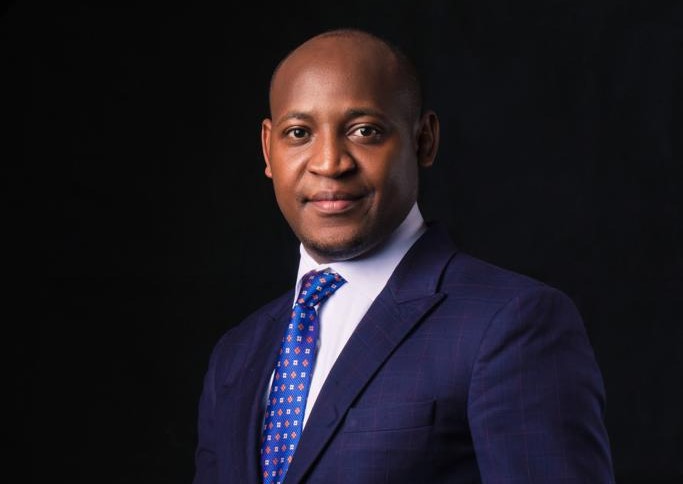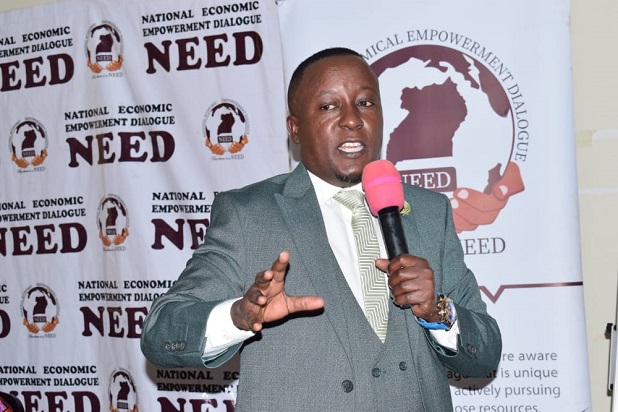By Erias Serugo Muhoozi
There’s a certain kind of silence that falls on a room the moment you` mention network marketing in Uganda.
It’s the kind of silence that’s not quite quiet. It’s tense, cautious, even judgmental. It sits on the edge of your words like a parent being told their child has decided to pursue dance instead of law. You’ll see the raised eyebrow, the polite nod masking suspicion, and—if they’re brave—a pointed question: “So, is it a pyramid scheme?”
And I understand that suspicion. I’ve been in this business long enough to know where the ghosts are buried. And I’ll be the first to admit: some of us in the network marketing space buried them ourselves—beneath layers of overpromising, aggressive sales pitches, fake “life-changing” testimonies, and get-rich-quick illusions that collapsed just as quickly as they were spun.
The problem is not network marketing. It’s how network marketing has been marketed in Uganda.
What network marketing really is
Network marketing, also called multi-level marketing (MLM), is a legitimate business model where a company sells products directly to consumers through a network of independent distributors. These distributors earn commissions not just from their own sales, but also from the sales made by people they introduce to the business.
Done right, it’s beautiful. Done wrong, it’s a con job wrapped in a suit and drenched in motivational quotes.
Whereas there are many companies selling genuine products and business opportunity offers, most Ugandans never even look past that phrase: business opportunity. Because somewhere in their collective memory, there’s a trauma trigger. A cousin who sold moringa supplements and was told he’d be a millionaire in six months. A friend who paid for a package of products after attending a seminar, and these products expired in the cupboard before getting customers.
The truth is many Ugandans distrust network marketing not because of the business model itself, but because of the way it has beeen marketed.
Over promising- People were told they could quit their jobs tomorrow and fly to Dubai next week, sold hype instead of value, recruited instead of teaching and built excitement instead of educating.
Instead of saying, “This is a long-term business that requires patience, consistency, and people skills,” they said, “Just bring two people, who bring two people, and boom—you’re rich.”
Here is a quick checklist before you even consider joining any network marketing venture:
- Is the product valuable on its own?
If the product can’t be sold without a compensation plan, run. - Is there training, mentorship, and ethical guidance?
If all you’re getting is hype, volume-based pressure, and shallow “motivation,” run faster. - Is there transparency in pricing, commissions, and returns?
You should know how much you earn, how you earn it, and how sustainable it is. - Can the product sell outside the network?
At Oqata, 70% of our sales come from people who are not distributors. That’s how you know it works.
Rebuilding the Reputation of Network Marketing
OQATA Wellness Solutions, is to repair what others broke, not by shouting louder or recruiting more, but by being honest. We’ve had to build differently, deliberately and slowly with the understanding that trust is a currency far more valuable than commissions.
To attract people who are patient, curious, willing to learn, and passionate about health and entrepreneurship. Not people chasing easy money because there’s no such a thing.
We teach our people to sell less and serve more, to educate before enrolling and to put wellness above wealth.
Because if a product truly improves a life, the business will follow slowly, surely and sustainably.
Ugandans need to ask better questions, demand transparency, refuse hype and, instead choose impact and empowerment with the discipline of delayed gratification.
Network marketing isn’t bad, but it requires good and grounded people.
The writter is the CEO of OQATA Wellness Solutions, he is a seasoned network marketing professional with over a decade of experience in building sustainable sales teams across Africa.






I want to join MLM company but I am lacking joining fee
Good and informative article here